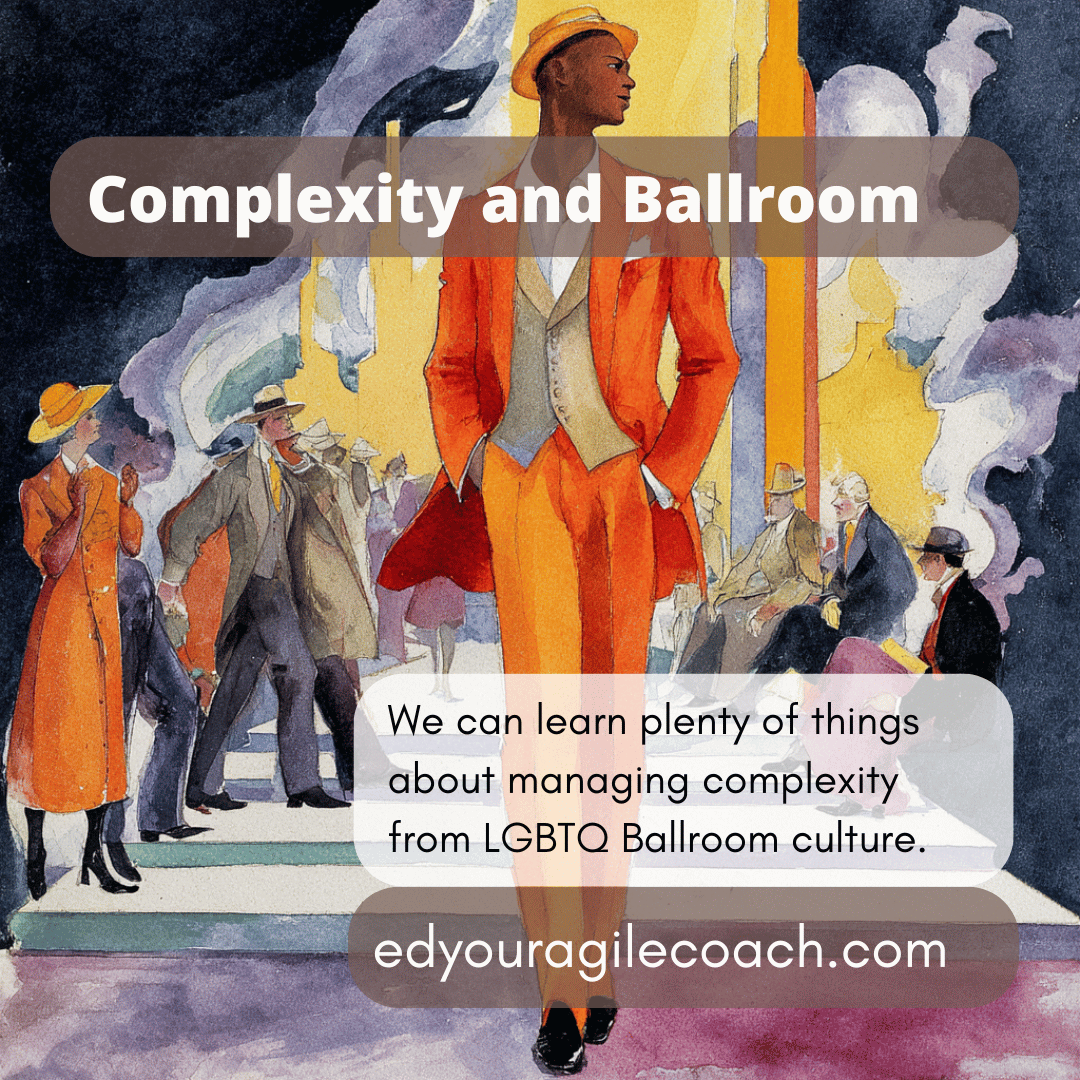Pragmatism is the foundation of agility.

I spend most of my life working with technology. Each day, I rely on the interconnections of wi-fi, electricity, and software to provide me with a living. Each day, I interact with professional people all over the globe. It is an intellectually demanding career as I attempt to help others innovate and meet the challenges of the global economy. It is a career grounded in the Agile Manifesto and empirical thinking. It is also a career grounded in the American philosophy of pragmatism. Today, I want to discuss the influence of pragmatic thinking on agile reformation.
Pragmatism arose out of American Universities in the aftermath of the Civil War. Diverse thinkers like Charles Sanders Pierce, William James, and John Dewey outline the main ideas of this mode of thinking. According to pragmatism, the truth or meaning of a statement depends on its observable practical consequences rather than any metaphysical attributes. It became a famous school of thought and guided many reforms in the progressive movement during the early Twentieth century. Dewey, in particular, believed in the power of education to make America a better nation.
Pragmatists are not motivated by lofty ideas or tortured trials of logic. Instead, they are experimental, testing out the practical consequences of ideas and comparing them to each other. Today, this idea lives in the agile manifesto when we say, “individuals and interactions over processes and tools.” Each organization is an ecosystem with different people, processes, and challenges. It means that coaches and scrum masters need to avoid out-of-the-box solutions for each problem. An early morning daily scrum may not be practical for a team divided between two time zones. It is up to the team and coach to find a time that works for everyone. Current structures may prevent people from doing estimation well. It is up to every agile professional to find a way to size work. Sometimes it requires no estimates or using billable hours instead of story points. Thus, each organization is different, and we must be pragmatic about how we work.
It is possible to apply the principles and values of the Manifesto without being dogmatic and inflexible. We must adapt, inspect, and be transparent without decision-making. We keep saying working software is an accurate measure of progress because anything else is a waste. The work of any good scrum master should be creating software that delivers value to a client.
I think the Agile Reformation has its roots deeply sunk into the fertile soil of American Pragmatic thought. We want to see the practical consequences of our work and the value we deliver to our customers. Each scrum master and coach inherits from the legacy of the early pragmatists. I am glad I am part of this club.
Until next time.




Comments ()